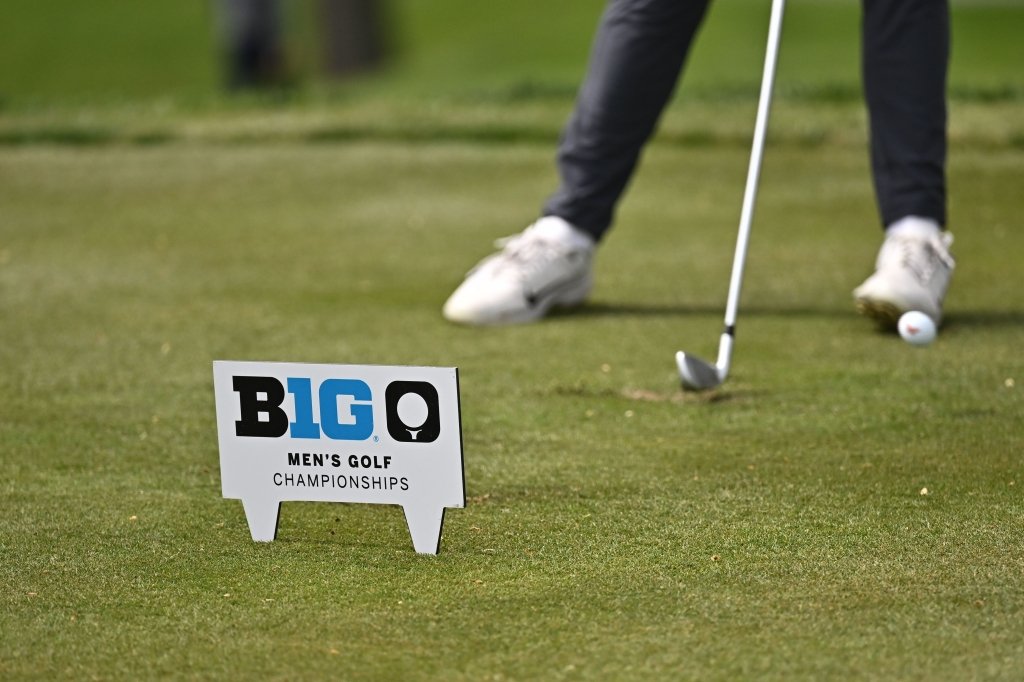Mayor Stimson Urges Change in Online Sales Tax Distribution
Though it wasn’t his farewell address, Mayor Sandy Stimson made a passionate appeal just days after the election of his successor. He is advocating for a statewide adjustment regarding the distribution of the new 8% online sales tax.
In his email to the Mobile community, Stimson provided a thoughtful explanation alongside a straightforward proposed solution.
“As I’m about to complete my term, I’ve been reflecting on one common question: Where is Mobile headed?”
“Overall, I’m optimistic. Mobile is seeing progress in areas like economic development, infrastructure improvements, and quality of life. However, to sustain this progress, city leaders need adequate resources to keep driving our community forward. This is why we view Alabama’s current distribution model of the Simplified Seller Use Tax (SSUT) as a significant threat to our cities and the state.”
The SSUT is an 8% tax applied to online sales, collected uniformly across the state, irrespective of where the purchases occur. This uniform rate tends to disadvantage rural cities in Alabama, which often depend heavily on sales tax revenue.
So, why does this matter for Mobile? Over the past year, the city estimates it has lost around $34 million due to flaws in the SSUT distribution model. These are funds spent by Mobile residents on local goods and services, but instead of benefiting the city, they are redistributed across the state. To put it in perspective, if that $34 million had remained in Mobile, it would represent a 16% increase in total sales tax revenue.
Those funds are crucial for Mobile—an additional $34 million could fully finance departments like sanitation and parks and recreation. Additionally, it could rebuild six fire stations, support extra positions in the Mobile Police Department, and contribute to essential animal services facilities. Beyond urban services, these lost revenues hinder economic development, making it harder to attract projects that could create well-paying jobs in the city.
Some proponents of the current system argue that cities benefit financially from SSUT, and they’re correct to some extent. Mobile raised $15 million from this tax in 2024, but this pales in comparison to what could have been collected if those same sales had occurred in physical stores. While Mobile has seen an increase in business licenses over the last two years, sales tax revenue has stagnated, and next year’s forecast looks bleak. There could be multiple factors at play here, but I believe SSUT is a key contributor.
It’s evident that shopping habits have shifted significantly in the past decade. Like many, Alabamians are increasingly buying online. This trend only worsens the struggles of cities that depend on sales tax for critical services. The current SSUT structure widens the gap between longstanding local retailers and newer online giants. Traditional stores are already contending with the conveniences offered by massive online platforms. Additionally, these online stores often sell at lower prices due to tax advantages.
Despite the complexities surrounding SSUT, reforming it should be straightforward for cities like Tuscaloosa and Mobile. All Alabama residents should face the same sales tax rate, whether they shop online or in person. A fair tax system would create a level playing field for local shops competing against large online companies. Ultimately, revenue generated in a community should remain there, rather than funneling into state coffers.
This change would help cities ensure safety and provide necessary services. Rural areas would also benefit by alleviating daily imbalances tied to online purchases. A unified tax approach would lead to fair policies crafted by individual communities, allowing them to address local needs more effectively and ending a system where state officials decide which areas thrive or struggle.
In closing, I extend my gratitude to Mayor Walt Maddox of Tuscaloosa for his leadership on this issue and to the coalition of Alabama mayors advocating for change. Thanks to his efforts, we are now having this crucial conversation before SSUT causes further harm to communities like Mobile. May Mobile and Alabama prosper.







